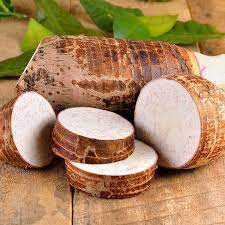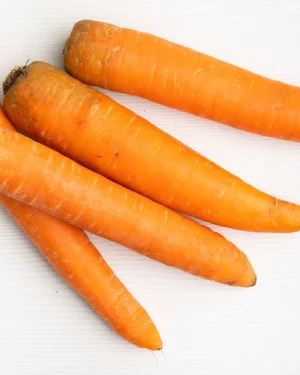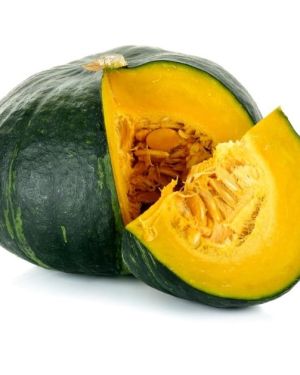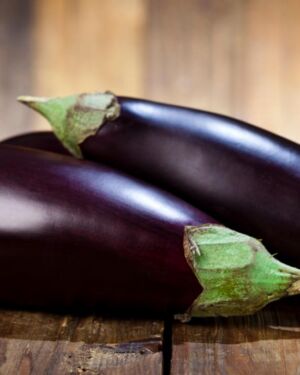Taro/ Arouille is a starchy root vegetable originally grown in Asia, but now enjoyed all over the world.
It has brown rind and white flesh with purple spots. When heated, it becomes slightly sweet and has a potato-like texture.
Taro is an excellent source of fiber and other nutrients that offer a variety of potential health benefits, including improved blood sugar control, improved gut and heart health.
Benefits
-
May Help Control Blood Sugar Levels
Taro is a starchy vegetable, but it contains two types of carbohydrates that are beneficial for blood sugar control: fiber and resistant starch.
Dietary fiber is a carbohydrate that cannot be digested by humans. It is not absorbed, so it does not affect blood sugar levels.
It also slows the digestion and absorption of other carbohydrates and prevents postprandial blood sugar spikes.
Taro also contains a special starch called resistant starch, which cannot be digested by humans and therefore does not raise blood sugar levels. About 12% of the starch in boiled taro root is resistant starch, making it one of the best sources of this nutrient.
This combination of resistant starch and dietary fiber makes taro root an excellent carbohydrate option, especially for diabetics.
-
May reduce the risk of heart disease
The dietary fiber and resistant starch in taro root may also help reduce the risk of heart disease.
Large studies have found that people who eat more fiber tend to have less heart disease.
One study found that an extra 10 grams of fiber per day was associated with a 17% lower risk of dying from heart disease.
This is believed to be due to the cholesterol-lowering effects of dietary fiber, but research is ongoing.
Taro root contains over 6 grams of fiber per cup (132 grams). That’s more than double his equivalent 138 grams of potatoes, making it a great source of fiber. Taro root also lowers cholesterol and provides resistant starch, which has been linked to a lower risk of heart disease.
-
May provide anti-cancer properties
Taro root contains plant compounds called polyphenols, which have various health benefits, including the potential to reduce cancer risk.
The main polyphenol found in taro root is quercetin, which is also abundant in onions, apples, and tea.
In test-tube and animal studies, quercetin has been found to induce cancer cell death and slow the growth of many types of cancer.










Reviews
There are no reviews yet.